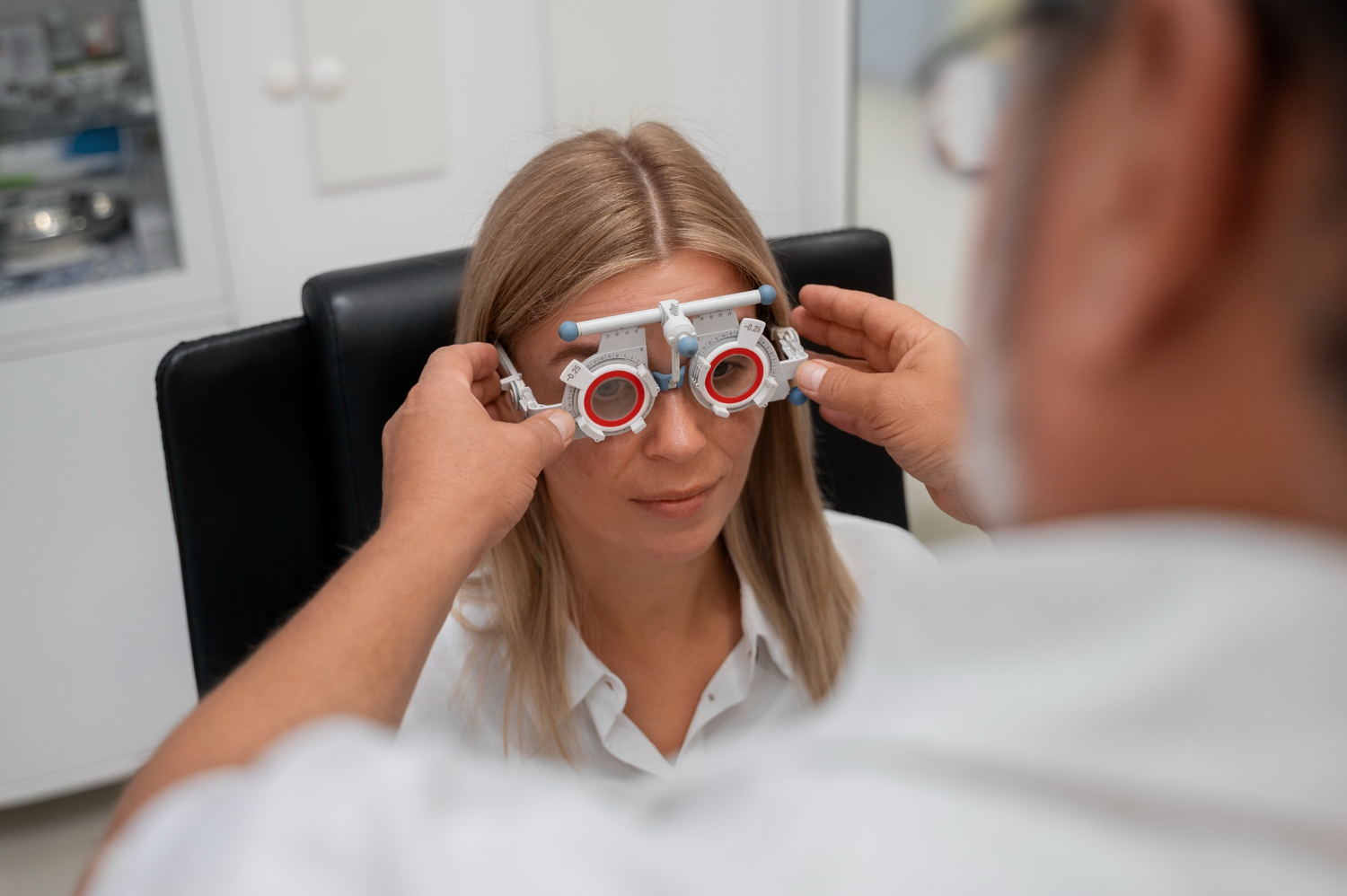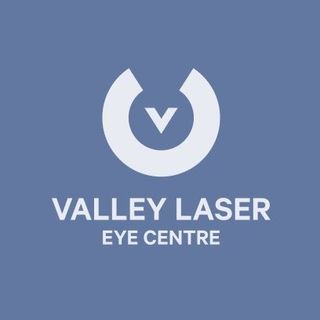Have you worn glasses for most of your life? Do you want a permanent solution to blurry vision? Implantable Contact Lenses (ICL) might be perfect for you. This procedure, like Lasik, corrects vision problems permanently. But before you call your ophthalmologist to book an appointment for ICL, here’s what you need to know about it.
Full Disclaimer: This blog post does not replace medical advice and should not be implemented prior to consulting a fully certified medical professional.
Understanding ICL
ICL is a procedure that corrects many eye problems, such as astigmatism, myopia, and hyperopia. These contact lenses are permanently implanted and reshape your corneas for corrective vision.
It’s a thin lens that gently curves to cover your eye and instantly improves your vision. ICL remedies most refractive errors so patients can see without squinting or using corrective wear.
While regular corrective lenses are a temporary solution, the ICL is surgically placed for permanent perfect vision. These lenses work together with your natural eye lens to restore your 20/20 vision.
ICL Procedure
The procedure involves your ophthalmologist creating a small incision in the cornea. Then, the lens is slipped in front of or behind the iris, but always before the natural lens. Whichever way the doctor performs the surgery is dependent on your eye health and the degree of corrective measure needed.
Once the surgery is completed with lenses in their proper place, you’ll go into recovery. Most patients experience optimal results a week following the surgery, but full recovery takes one to two months.
In addition, ICL is the eye procedure that corrects extreme refractive errors that not even LASIK can fix. While laser eye surgery is another excellent corrective surgery, ICL can cater to those with worse vision. ICL is best for patients with slight astigmatism and severe myopia or severe near-sightedness.
What Makes a Good ICL Candidate
ICL seems like an excellent procedure to correct your vision for good. However, it is not for everybody. The ideal ICL candidate must pass the following criteria:
- Aged 21 to 45: ICL is ideal for those aged 21 to 45. Older people may suffer from presbyopia, which is the eye’s natural aging process, and doctors recommend having the surgery before that happens.
- Moderate to Severe Myopia: ICL corrects refractive errors between -3 and -20 diopters, so if you don’t fit this category, ICL could over-correct your vision.
- Minor to No Astigmatism: FDA-approved ICL lenses only treat up to 2.5 diopters of astigmatism, so, like in the case above, you might not be an ideal candidate if you don’t fit this.
- Pupil Size: You will have to have medium-sized pupils to qualify for the surgery. The surgeon will measure and ensure that your pupils are large enough to undergo surgery but small enough to recover safely.
- Pregnant and Breastfeeding: If you’re pregnant or breastfeeding, your hormones could affect your vision during this time, which makes you unsuitable for surgery. You may wait after giving birth and breastfeeding to have the surgery.
Conclusion
Implantable Contact Lenses procedure can do wonders for your vision. You just have to fit the candidate requirements so you can have this surgery, and ensure that you are prepared to do it.
Valley Laser Eye Centre is a laser eye clinic in Abbotsford, British Columbia. Our highly-trained staff is committed to maintaining a comfortable, professional, state-of-the-art facility so clients can enjoy a seamless vision clinic experience.
We offer ICL, Lasik, Cataract surgery, Refractive Lens Exchange, Photorefractive Keratectomy (PRK), and reading vision correction. Book a consultation today and restore your perfect vision!





